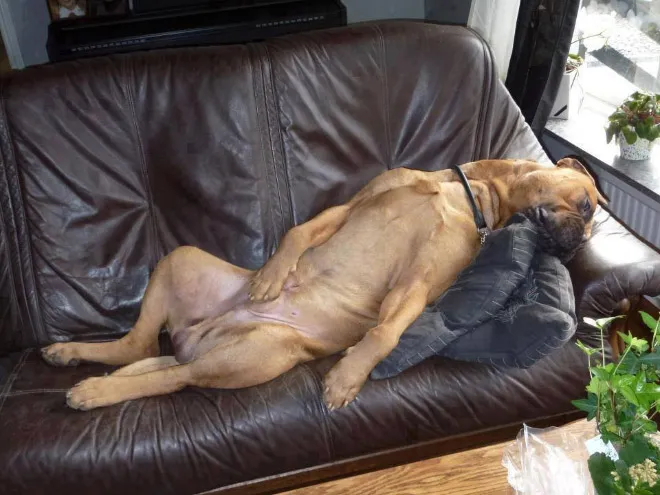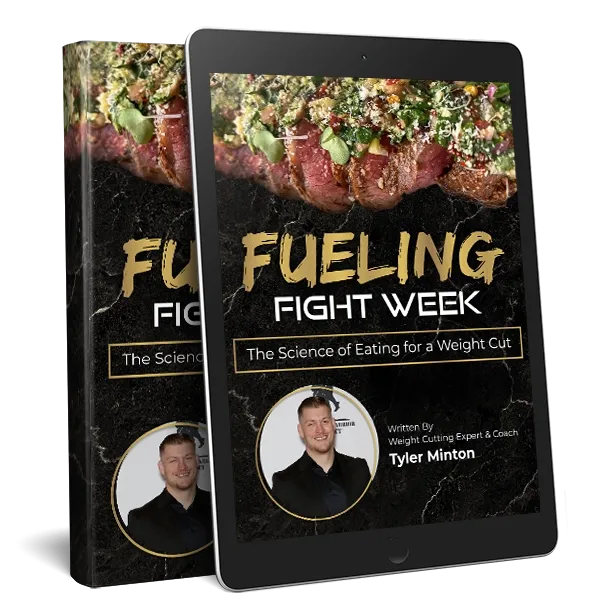Go to bed! It’s seriously that easy if you’re looking to improve your performance and body composition. The problem is, while this is an easy implementation with a great return on investment most of us are still lucky to get a solid 8 hours of sleep per night. If you’re like most of my clients you feel like you either can’t sleep more than you currently do, or feel that the amount you are currently sleeping is enough. Maybe you don’t understand what sleep can do for your health and performance. If you’re not sleeping enough or are curious as to what you can do to be a better athlete, keep reading to find out how simply being asleep may be the biggest limiting factor in your performance.
Studies suggest that when you miss even a little sleep your cortisol is increased the following day (1). While it’s perfectly natural for the body to increase cortisol during moments such as exercise, regularly elevated levels of cortisol will lead to lowered testosterone levels. Lowered testosterone can result in a decrease in energy and strength levels as well as libido. That means, less time spent in the bed at night could mean less time having fun in it.

Athletes need carbs. The problem is, a study suggests that a night of poor sleep can cause greater insulin resistance than the results of 6 months following a high fat diet (2). For an athlete insulin resistance is devastating for both body composition and performance. Not only can insulin resistance cause the athlete to store more visceral fat, but it prevents the athlete from utilizing the ideal diet for performance. For an insulin resistant individual our recommendation is going to be a diet lower on the carbohydrate side. For an athlete, we want you eating plenty of carbohydrates so that you can fuel your performance in practice and on game day.

Lack of sleep can also greatly reduce reaction time and a single night of missed sleep can slow things down by more than 300%!. In fact, being awake for 22 hours straight can slow your reaction time more than 4 drinks can (3). Any athlete can imagine the detriment this decreased reaction time can have on your sport. Think of a punch flying at your face with deadly intentions and the inability to react quickly enough to avoid it. It’s nighty night against your own will.

A slower reaction time from lack of sleep can result in injury. In fact, it’s shown that sleep is the strongest predictor of injuries in high school athletes (4). Also, lack of sleep cuts down on the body’s most opportune time to recover and repair from workouts and practices. An athlete that isn’t recovered from the previous training session is at risk of failing in the next.
Lack of sleep can make you weaker. One study showed a decrease in both maximal and sub-maximal performances on the bench press, deadlift, and leg press (5). It was also noted that a lack of sleep caused athletes to be moodier, short tempered, and unhappy. Motivation is critical to a strong training session and a good mental state is necessary for performance.
It’s not enough to know you need sleep, but you also need to know how.
Keep Caffeine in Check
Caffeine enters the bloodstream via the stomach and small intestine and can begin acting as a stimulant as early as 15 minutes after consumption. Once consumed, the effects of caffeine will last for several hours. The half-life of caffeine, or the time it takes for half of the drug to leave your system is 6 hours. Studies show that caffeine consumed even 6 hours before bed time may cause serious disruptions in sleep (6). When consumed, caffeine acts as an “adenosine receptor antagonist” to block Adenosine, a substance in your body that promotes sleepiness.
Take Bedtime Supplements
Dissolvable magnesium in tea is part of my nightly bedtime routine. Magnesium has properties that can calm down your brain and body, making it easier to fall asleep. On a chemical level, magnesium does this by activating the parasympathetic nervous system, the system responsible for getting you calm and relaxed (7). A study has even shown that participants taking magnesium have higher natural levels of melatonin and renin, hormones that regulate sleep (8).
Bed-time teas help promote better sleep using natural herbs such as lavender, passion flower, chamomile, and valerian root. While studies providing concrete evidence of herbal teas and their effectiveness on sleep are limited, they’re believed to do this primarily through their calming properties. Unlike the other herbs however, valerian root specifically has shown positive solid benefits for people with insomnia (9). Valerian root is so effective in fact, it’s been known to become addictive and can interact with other medications so please talk to your doctor before using it.
Wear Blue Light Blockers
Animals and plants both have natural biological circadian rhythms which are controlled by our biological clocks and works according to sun up and sun down. Exposure to artificial light after the sun has set can fool the body into thinking it should be awake, rather than asleep. Blue light, the type of light primarily emitted by smartphones, tablets, and TVs is particularly harmful to our sleep. This wavelength greatly suppresses melatonin, a hormone that regulates our circadian rhythm.
Blue light blocking glasses, as their name suggests block blue light, making it easier to fall asleep. We’ve known for years that eliminating electronics before bed can greatly help you fall asleep, but for many this just isn’t a realistic expectation. With blue light blocking glasses you can continue using your electronics before bed, avoiding their negative impact.
Make Your Room Cool and Dark
You need PITCH BLACK here. If you can see your hand in front of your face, you’re doing it wrong. Darkness sends signals to the body that it’s time to rest. Exposure to light at the wrong times alters the body’s internal “sleep clock”, the biological mechanism that regulates sleep-wake cycles, interfering with both the quantity and quality of sleep. Melatonin, a hormone known as the “sleep hormone” influences sleep by sending a signal to the brain that it is time for rest. When this happens the muscles begin to relax, feelings of drowsiness increase, and body temperature drops. Melatonin levels naturally rise as the sun begins to set and continue to rise throughout most of the night, before peaking at approximately 3 a.m. Levels of melatonin then fall during the early morning and remain low during much of the day. Evening light exposure inhibits the naturally timed rise of melatonin, which delays the onset of the body’s transition to sleep and sleep itself (10).
Sleeping is a simple and highly effective way to improve your performance. Missing out on quality sleep can lower your testosterone and sex drive, increase insulin resistance and risk of injury, and limit your strength. If you want to make a small change that will pay huge health and performance dividends, take control of your sleep and reap immediate benefits!





